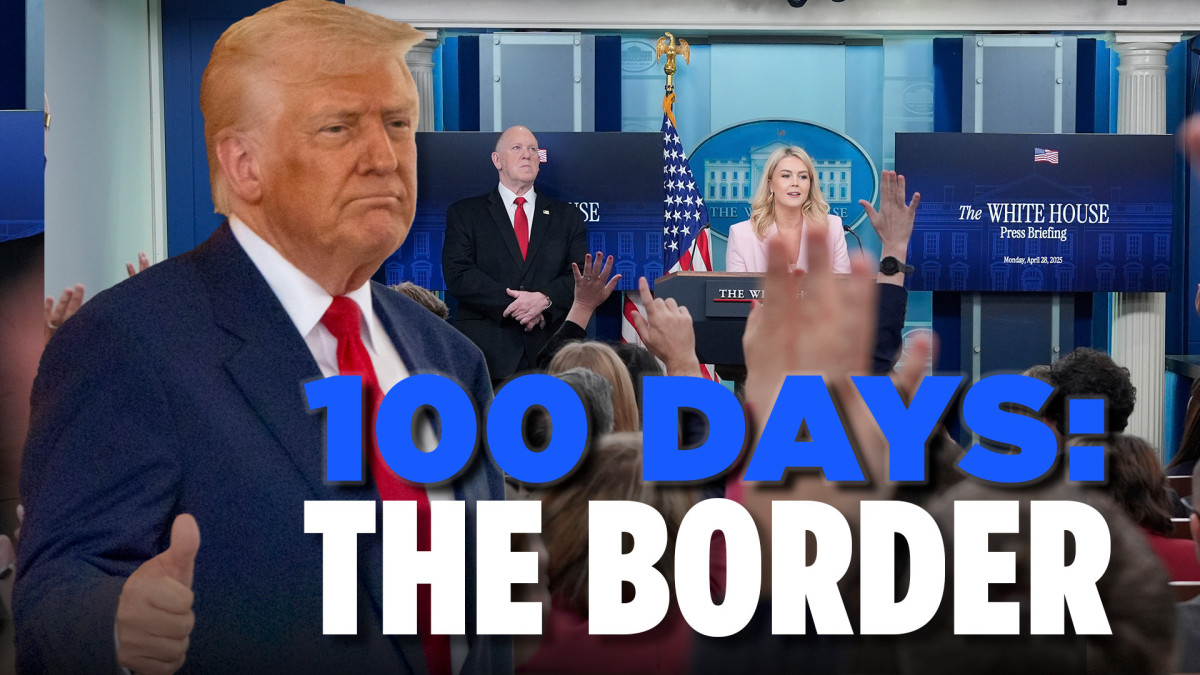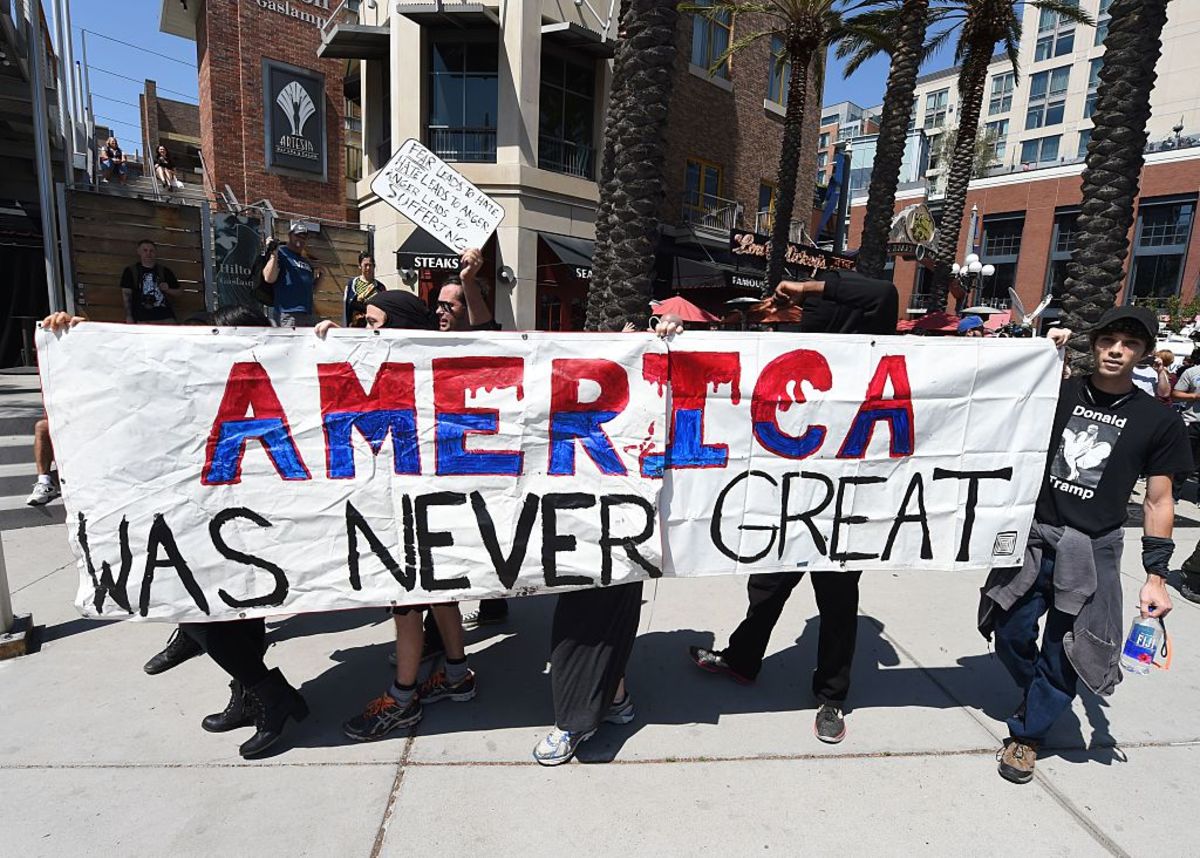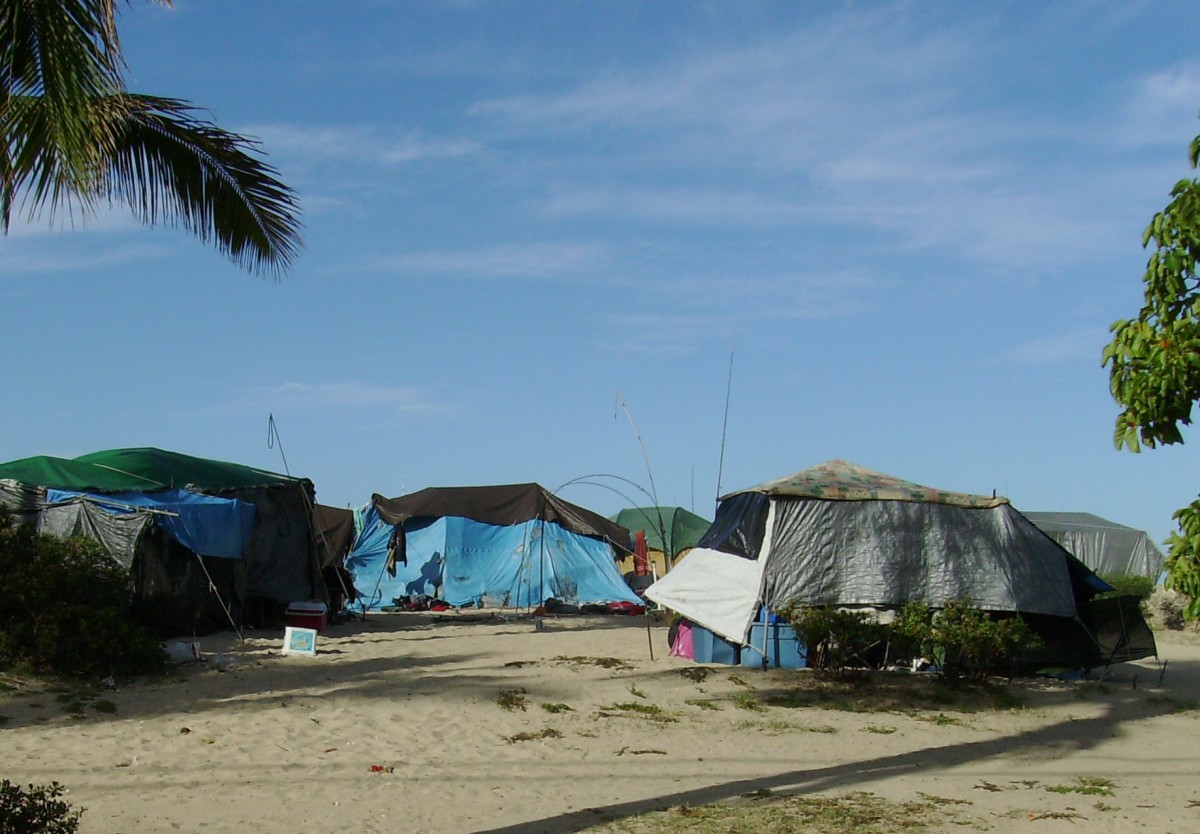Reasons to Legalize Drugs
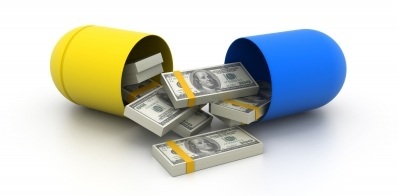
Why Should Drugs Be Legalized?
Before you lift your eyebrows and mime a puffing action, let me start by saying I've never taken illegal drugs and will never choose to. However, I believe having a right to choose is a better situation than outlawing the choices of a drug-dependent minority.
We live in cultures where you're free to cut off your own legs, eat until you're too big to move, get into a ring with people who want to punch your lights out, have sexual encounters with strangers without seeing their medical records, become stunt actors, smoke tobacco, drink alcohol, and subject yourself to physical and mental torture. To choose to do something unhealthy is to make a bad choice, and we should all be free to make bad choices.
So why are some drugs illegal while others aren't? Surely all chemicals that can have an adverse effect on the human body deserve the same degree of regulation. Whether we're talking about cocaine or gasoline, most substances will cause harm if they're injected or ingested.
Who Are The Real Criminals?
Drug users certainly aren't criminals. Their only fault was to choose to do something unhealthy. As with alcohol, the only situation in which they should be criminalized is when they irresponsibly harm another person while under the influence.
The real criminals are the businessmen (and women) who seek to get people addicted to drugs in return for profit. Such dealers are promoting unhealthy choices, not informing their customers, and relying on the addictive properties of some drugs to charge prices that encourage criminality. Any `war on drugs' should focus on eradicating drug dealers, but how can this be achieved? Enforcement has been failing for decades, much like it did for alcohol prohibition in the 1920s. Another strategy is needed.
Economist Milton Friedman Provides An Alternative
Should illegal drugs be legalized?
Hit Drug Dealers Where It Hurts
The best way to destroy a business is not to force it underground, but to undercut and out-compete it. If a government took it upon themselves to mass-purchase or confiscate drugs from suppliers in South America and Asia, and sell them at non-profit prices to existing drug users, then the dealers would disappear overnight because they could never compete without making a loss on every trade. It follows that if the government controlled the drugs trade, they could also do something about it.
Concerns have been raised about this simple solution to the drugs problem. Some people believe drug use would increase, but consider the following question: If drugs were made legal, would you be stupid enough to take them? And if you are stupid enough to take them, does their illegal status prevent you from doing so? Regardless, there are other concerns, so it's worth elaborating on the reasons for legalization further.

Eight Reasons to Legalize Drugs
- Selling drugs through legal, non-profit, mass-purchasing, government agencies would reduce the price of drugs and force dealers out of business.
- Much of the crime committed by drug users would be eliminated due to a reduction in the price of drugs. Users would no longer need to steal to fuel their addiction.
- All the crime associated with the drug dealing enterprise would be eliminated with the absence of dealers.
- As with alcohol, laws for driving or doing particular jobs under the influence could be brought in to ensure the public is protected.
- There are tests to determine drug use, and these could be used to register users at government clinics. Here, they can be offered help with their addiction, and their drug-purchasing can be monitored to reduce the risk of overdose. Counselling and rehabilitation centers can be situated nearby to give the best incentive to receive help. However, it's not the responsibility of the government to police self-harm. To do so undermines our autonomous rights.
- Framing addiction as an illness would remove the romantic, trendy image of drugs, thus removing some of its appeal. For example, some drugs like Vicodin and Morphine are highly addictive but, because they're associated with illnesses, there's very little problem with the youth of today taking them. By treating addiction as an illness rather than a crime we should see perceptions of drug use change drastically.
- The amount of money a government pays for purchasing drugs would equal the price at which they're sold (non-profit). However, the cost of the war on drugs would be eliminated, saving billions every year that goes into policing, customs, and prison services. Approximately one trillion dollars has been wasted on the war on drugs since 1971.
- A possible option would be to refuse access to drugs for people who're not currently addicted to them. These people could still try to acquire them from a private dealer or another government customer. However, once addicted, the new user will seek out the low prices offered by the government, thus providing no basis for illegal dealers to exist. The absence of drug dealers, together with a government that provides only for existing users, could see the number of addicts decline significantly over time.
Why Do Governments Want Drugs to Remain Illegal?
Contrary to expectations, many police and health professionals share these reasons for wanting legalization. According to Julian Critchley, an ex-Director of the British government’s anti-drugs office, the overwhelming majority of professionals in the field approve of legalization.
So, why are the experts being ignored? Some might say governments are pandering to a populace who still want drugs to be illegal but don’t understand why. Others may suspect governments of actually wanting drug cartels to stay in business. Indeed, the CIA has a history of working with them.
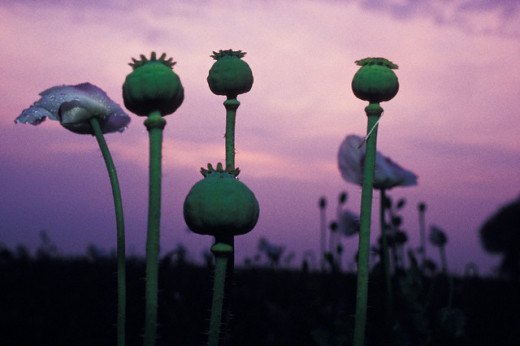
For example, Afghanistan has historically produced about 90% of the world’s opium. However, the Taliban government of Afghanistan outlawed poppy growth and opium production in the year leading up to 9/11. The result was a 95% drop in the opium coming out of Afghanistan, with the remaining 5% coming out of Northern Alliance areas; a group opposed to the Taliban.
America invaded within months; blaming the Taliban for harboring terrorists in the post 9/11 environment. The U.S. became allied with the opium-producing Northern Alliance and eliminated the Taliban. They installed the Northern Alliance as a large part of the new government, and the opium trade recovered to typical levels. Despite U.S. promises and halfhearted efforts, the Afghan poppy harvest continues to rise, reaching record levels. If the Taliban managed to decimate the poppy crop in one year, how can a better-equipped American military fail so emphatically over more than a decade? Are the Taliban that much better at enforcement?
Suspicion can and should be raised; especially as support for legalizing drugs is strong among health and enforcement professionals whose expertise and ethical standing is on much surer footing.
© 2012 Thomas Swan

